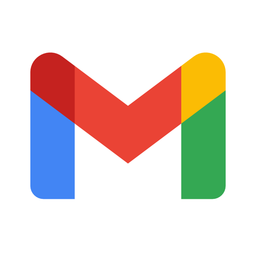
Don't have WebCatalog Desktop installed? Download WebCatalog Desktop.
Desktop App for Mac, Windows (PC)
Use Gmail in a dedicated, distraction-free window with WebCatalog Desktop for macOS and Windows. Improve your productivity with faster app switching and smoother multitasking. Easily manage and switch between multiple accounts without using multiple browsers.
Run apps in distraction-free windows with many enhancements.
Manage and switch between multiple accounts and apps easily without switching browsers.
Gmail is a versatile email service designed to streamline communication and productivity. It offers a robust platform for managing emails efficiently, with features like a multi-pane view that allows simultaneous navigation between messages and attachments. The interface includes easy access to productivity tools such as Google Calendar, Google Meet, and Google Drive, making it straightforward to switch between tasks without leaving the inbox.
Gmail has introduced AI-powered tools like Smart Compose and Smart Reply, which help users write emails more quickly and respond more effectively. It also features advanced search capabilities, using AI-driven filters to prioritize results based on relevance and recency, ensuring that important emails are easily accessible. Users can toggle between viewing the most relevant or the most recent emails, providing flexibility in managing their inbox.
The service seamlessly integrates with Google Workspace, enhancing collaboration by allowing users to initiate Google Meet calls and work on Google Docs, Sheets, and Slides directly from their inbox. This integration coupled with enhanced security features makes Gmail an essential tool for both individuals and businesses seeking to manage emails effectively while maintaining strong data protection. Overall, Gmail is designed to improve productivity and collaboration by providing a comprehensive email management experience.
Website: google.com
Disclaimer: WebCatalog is not affiliated, associated, authorized, endorsed by or in any way officially connected to Gmail. All product names, logos, and brands are property of their respective owners.
Solutions
© 2026 WebCatalog, Inc.